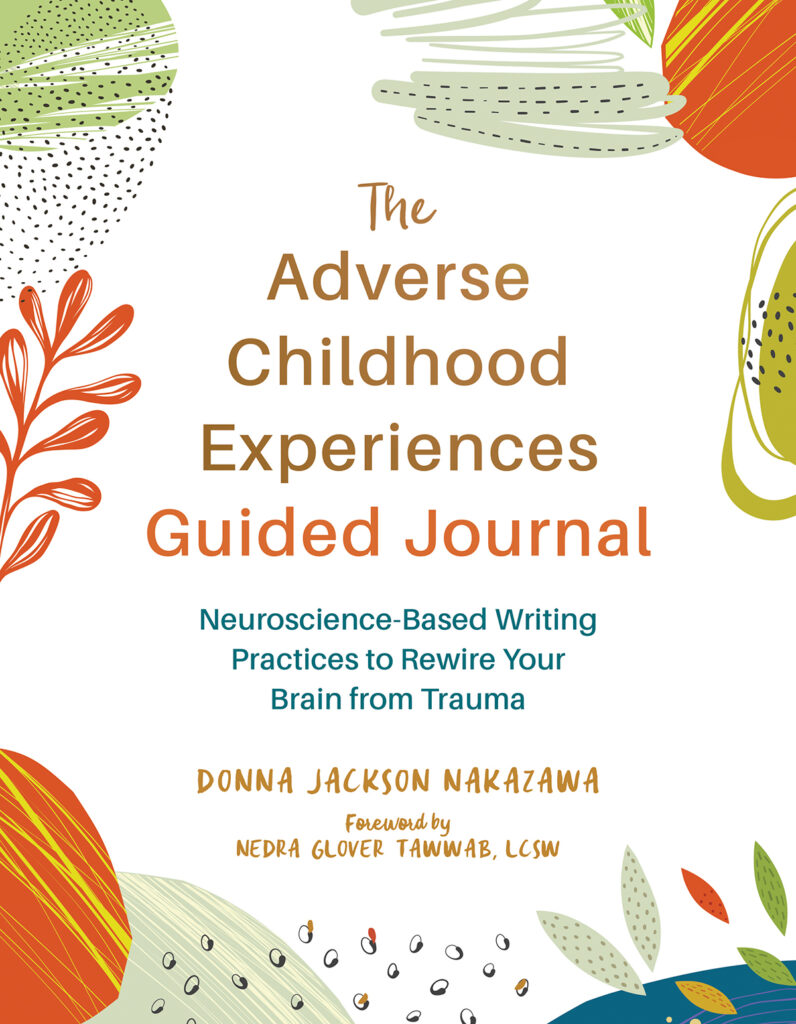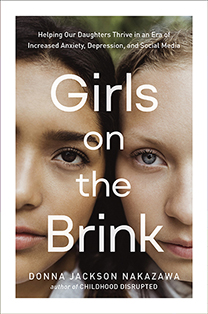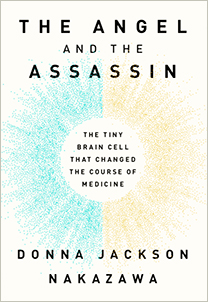 Is Someone Driving you Nuts? Fifteen insights on how to stop thinking about someone who’s driving you crazy.
Is Someone Driving you Nuts? Fifteen insights on how to stop thinking about someone who’s driving you crazy.
Have you ever found that you just can’t stop thinking about someone and what they did or said, and how bewildered or hurt you were by their actions? When someone hurts us, our children, or someone we love, gossips behind our back, or simply acts crazy in ways that confound us, we can get stuck thinking about it for hours or days. We’re washing dishes, we’re driving, or we’re walking the dogs and we can’t stop thinking about how unkind, untrue and self-centered the things they said were. Their image, their words, keep resurfacing to mind. Five hours, five days, five weeks later, there they are – we see their face in front of us, even when we haven’t seen them in all that time.
(Just to be clear, I’m not addressing how we deal with trauma or abuse here — situations which require professional help and intervention — I’m talking about the day-to-day interactions we have with others that leave us mentally sputtering.)
How can we stop feeling embroiled in other people’s craziness? How can we stop thinking about a person or situation — or what we should have, could have, done differently — when the same thoughts keep looping back, rewinding, and playing through our mind again and again?
Or maybe, for you, it’s not about a person, it’s about what you got or didn’t get, what you need but don’t have, what just isn’t right in your life. (Usually, of course, there is a person involved whom you feel deserves blame for whatever is wrong.)
Toxic cyclical thinking. Most of us know that this kind of ruminating is both emotionally and physically harmful to us.
In fact, studies show that a ruminating mind, a wandering mind, is an unhappy and unhealthy mind. When our monkey mind is unhappily fraught with replaying altercations, resentments or losses, we marinate in a cascade of harmful inflammatory stress chemicals and hormones that are linked to almost every disease we can name. Increasingly, scientists can pinpoint how ruminating plays a role in disease including depression, cancer, heart disease, and autoimmune disease. The stress chemicals we wallow in are far worse for us than the thing that actually happened to us in the first place.
Moreover, toxic thinking just doesn’t feel good. It’s like getting caught on a spinning, centrifugal-force ride at the fair that was fun for a few minutes, and now it just makes you feel sick and you want to get off.
But you can’t.
We work so hard to remove whatever is toxic from our lives. We buy organic, we avoid unhealthy foods, we remove chemicals from our home. We eat green, we clean green. We buy organic cosmetics.
But we put very little concerted effort into trying to go green in our minds. When our thoughts are relentless and pervasive, how do we Green the Mind? What is the green solution for toxic thinking?
In researching and writing my last book, The Last Best Cure, I developed a number of insights on how to stop myself from spinning stories, ruminating, worrying, and replaying thoughts about someone or something.
These fifteen small but powerful sayings work for me – many are based on teachings from today’s leaders in mindfulness psychology and meditation. Choose the ones that resonate most with you.
1. “Less said, More time” is my own personal motto. Saying less and letting more time pass when we’re dealing with a difficult, reactive person is almost always a smart move. It allows us to simmer down, and let it go, take the high road. Often, with time, the thing we’re annoyed about just falls away.
2. “Let’s just wait and see what happens next.” We often feel the need to respond and react to difficult people or situations right away, which is why we stew so much over what to say or do next. Buddhist psychologist Sylvia Boorstein suggests that instead we simply give ourselves permission to wait and see what happens next.
3. Move Away From the Blame Game. Picking apart past events and trying to assign blame (including blaming oneself) is rarely productive. Bad things and misunderstandings most often “happen” through a series of events, like a domino effect. No one person is usually entirely to blame for the end result. Sylvia Boorstein has a saying that helps to remind us of this truth: “First this happened, then that happened, then that happened. And that is how what happened happened.”
4. “Try not to fall into other people’s states of minds.” Another Sylvia Boorstein nugget that pretty much says it all.
5. “Deal with Your Biggest Problem First.” Buddhist meditation teacher Norman Fischer suggests that no matter what’s happened, the biggest problem we face is our own anger. Our anger creates a cloud of emotion that keeps us from responding in a cogent, productive way. In that sense, our anger really is our biggest problem. Deal with yourself – meditate, exercise, take a long walk, say less and give it more time, whatever it takes – before you deal with anyone else.
6. “When You’re Angry it Wrinkles the Mind.” This Sylvia Boorstein teaching follows along the same lines. “You can’t think clearly or be creative or thoughtful about how best to handle any situation when you’re mad. Anger wrinkles the mind. If you want to think clearly, you can’t be mad at anything.”
7. “Don’t Try to Figure Others Out.” This is another Norman Fischer teaching. Ask yourself, if others tried to figure out what you’re thinking, or what your motivations are, how right do you think they’d be? They probably wouldn’t have a clue as to what’s really going through your mind. So why try to figure out what others are thinking? Chances are extremely good that you would be wrong, which means that all that ruminating was a colossal waste of time.
8. Your Thoughts are Not Facts. Don’t treat them as if they are. In other words, Don’t believe everything you think. We experience our emotions — anxiety, tension, fear and stress — keenly in our bodies. Our emotions are physical. We often take this as a sign that our thoughts must be facts. How could we feel so bad if our feelings weren’t true? Tibetan Buddhist teacher Tsokyni Rinpoche teaches that when we’re emotionally hijacked by worry, regret, fear, anxiety, anger, to remember that the emotional and physical state we experience is “Real but not true.”
9. How Can You Grow From This? Insight Meditation teacher and psychologist Tara Brach suggests that when we are locked in anger, taking offense over something said or done, making judgments, or fuming over how we were treated, we add to our own reservoir of suffering. An event + our reaction = suffering. When we’re able to be present with our feelings, and inquire why we’re experiencing such a strong reaction and what our feelings tell us about ourselves, that’s a learning opportunity. An event + inquiry + presence = growth. Center your thoughts on growth. Green, not red.
10. “Don’t ever put anyone out of your heart, not even you.” A Tara Brach teaching that speaks for itself.
11. You’re Not a Time Magician. When we churn over past events we often search for how we might have done things differently to prevent a crazy-making altercation or regrettable outcome. But what happened yesterday is as much in the past as what happened thousands of years ago in the time of the Mayans. We can’t change what took place way back then, and we can’t change what happened a week ago.
12. Forgive for Your Sake. Buddhist psychologist Jack Kornfield teaches, “It is not necessary to be loyal to your suffering.” We are so loyal to our suffering, he says, “focusing on the trauma of ‘what happened to me.’ Yes, it happened. Yes, it was horrible. But is that what defines you?” Forgiveness is not something we do just for the other person. We forgive so that we can live free of the acute suffering that comes with holding onto the past. In other words, Kornfield teaches, “Forgive for you.”
13. Occupy a Different Mind Space. Mindfulness Based Stress Reduction teacher and psychologist Trish Magyari teaches meditation accompanied by powerful imagery – and studies show that imagery helps us to stop inflamed, stressful thoughts. Here is one image that works for me everytime: “Imagine that you are at the bottom of deep blue ocean watching everything swim by. Just watch all your thoughts go by. Imagine that you are the deep, calm, blue sea.” I always relax when I hear this.
14. Send them Loving Kindness. Intuitive Medical Healer Wanda Lasseter-Lundy suggests that when you can’t stop thinking about someone who’s hurt you or who’s driving you crazy, “Imagine yourself sending them a beautiful ball of white light. Place them in that ball of light. Surround them with it, holding that white light around them, until your anger fades.” Try it, it really works.
15. Take a 90 Second Time Out. To free your mind, you first have to break your thought pattern. Neuropsychiatrist Dan Siegel, MD, says that “After 90 seconds an emotion will arise and fall like a wave on the shore.” It only takes ninety seconds to shift out of a mood state, including anger. Give yourself ninety seconds – about fifteen deep in and out breaths – to not think about that person or situation. You’ve broken that thought cycle – and the hold your thoughts had on you. Now, doesn’t that feel good?



















